The Philippine Blockchain Week is back to tackle initiatives in a serious manner with industry movers and the government on Day 2 of the iconic blockchain event at the SMX Convention Center in Pasay City. Global and local experts in the tech space engaged in a day filled with regulatory, innovative, and action-packed discussions.
Leading Day 2 was a cultural dance performance by the Philippines Tourism Promotion Board themed on loving the Philippines, which ignited the day before moving forward with an opening spiel from the event hosts: Aya De Quiroz, Maria Saab, and Muneer Al Busaidi.
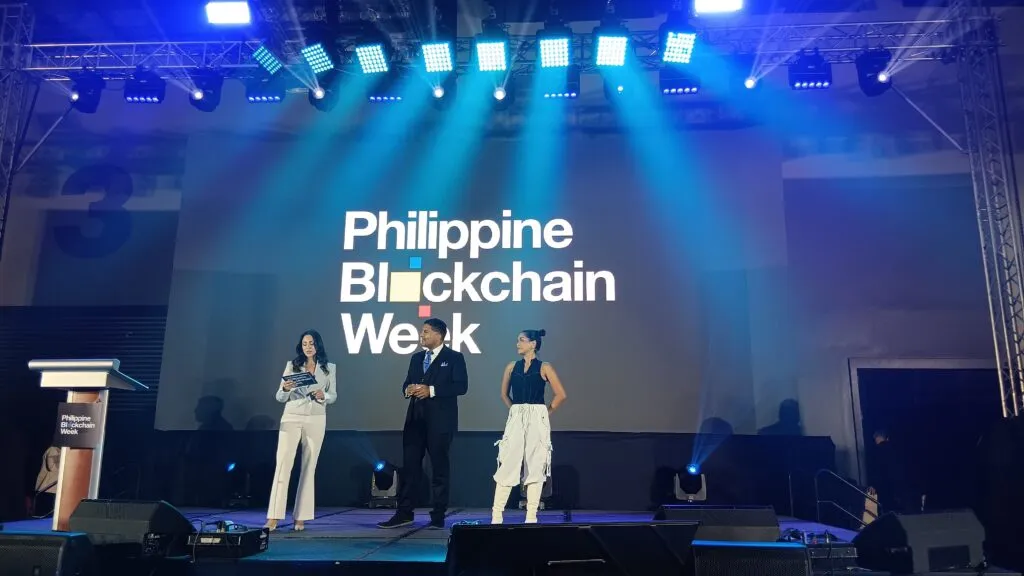 (Left to Right): Maria Saab, Muneer Al Busaidi, and Aya De Quiroz.
(Left to Right): Maria Saab, Muneer Al Busaidi, and Aya De Quiroz.What really kicked started the conversation was the short but meaningful opening remarks from Janelle Barretto, co-founder of the Philippine Blockchain Week. Baretto recapped the highlights of Day 1 and reminded the audience of their journey in bringing blockchain into the Philippines. This was followed by keynote speeches about blockchain’s financial infrastructure from Venom’s Christopher Tsu and the “humannness” in the age of AI from World Foundation’s Fabian Bodensteiner.
“The Philippine Blockchain Week is an event; it is a platform, but we have a huge responsibility on our shoulders. We took this on [despite being] normal people who have visions, who have passion, and dedication of pushing the agenda to the Philippines and take it to the next level,” Baretto said in her speech.
“We are a great country with a 20 million population, tech-savvy, energetic, talented, and we’re just right to be the hub of everything. We just wanted the world to take notice… we’ve seen how far we’ve come… and in such a short time, we’ve come a long way, yet we still have a lot of potential. That’s what all these are all about: unlocking the potential of blockchain in the Philippines and bringing it to the masses.”
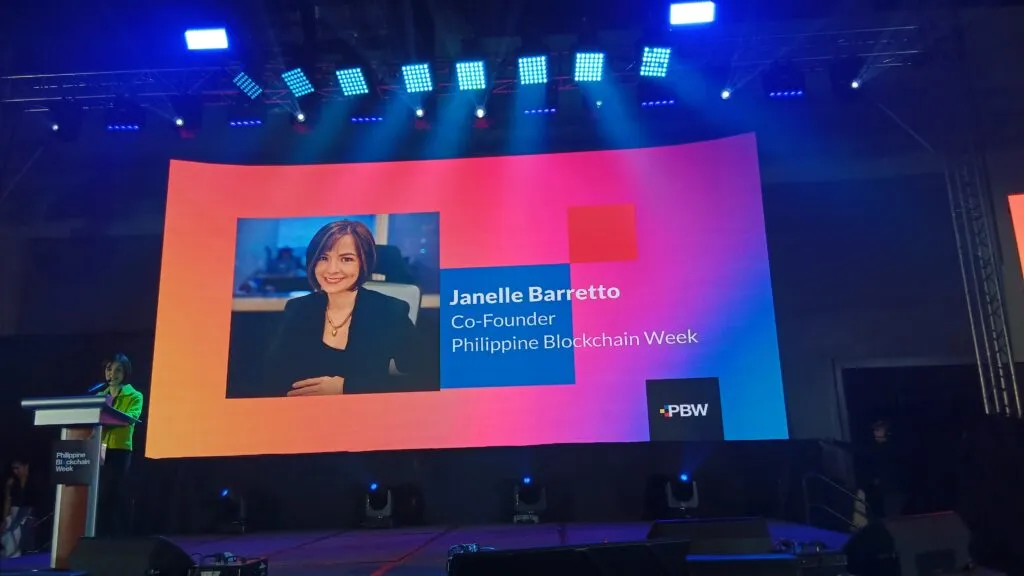 Philippine Blockchain Week’s Co-Founder Janelle Barretto.
Philippine Blockchain Week’s Co-Founder Janelle Barretto.The PH’s digital ecosystem voiced by Filipino exchanges shaping Web3
The day’s first panel discussion was moderated by Benjamin Finnigan of B3C Capital, joined by the three representatives of the country’s most prominent Web3 players: GCash, Maya, and Coins.ph.
In this discussion, titled “The Homegrown Hustle: Filipino Exchanges Shaping Web3,” Coins.ph’s Country Manager, Jen Bilango; Maya’s Head of Growth and Product Strategy/Head of Invest Alvin Wong; and GCash Head of Cryptocurrencies, Luis Buenaventura, touched on the measures and challenges each platforms are taking to cater digital currencies safely and securely to the Filipinos.
Delving into security and transparency issues post the FTX dilemma and the crypto winter, Buenaventura says that GCash—as the new kid in the block—maintains a safety protocol and is regulatory compliant. Still, despite this, he reiterated the importance of vigilance and users’ due diligence in the space, which was agreed upon by Wong. Meanwhile, Bilango focused on their users’ education
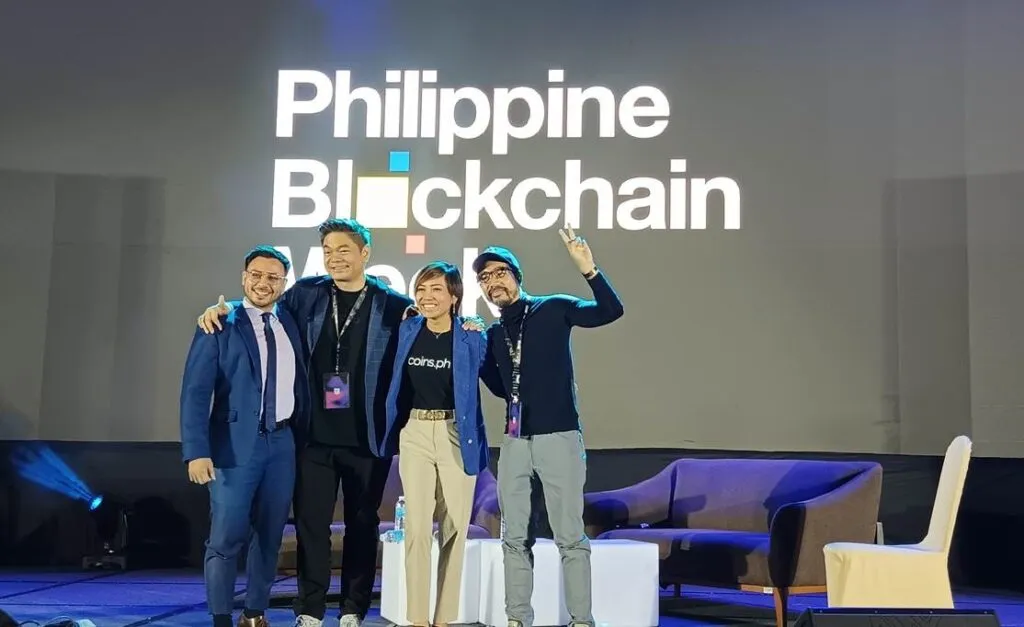 (Left to Right): Benjamin Finnigan, Alvin Wong, Jen Bilango, and Luis Buenaventura.
(Left to Right): Benjamin Finnigan, Alvin Wong, Jen Bilango, and Luis Buenaventura.“One of the things that we’re really big on is education. Do not trust people [who ask you] to give them your OTP,” she noted. Bilango also mentioned setting up a threshold that allows users to specify a daily transaction amount.
On the question of investment and blockchain adoption, however, Buenaventura claimed that the Philippines is leapfrogging to mobile wallet adoption amid the failed credit card penetration in the country. The GCash head of cryptocurrencies believes wallets are “way more robust” in terms of financial inclusion and bringing digital currencies closer to Filipinos. As for Bilango and Wong, education and financial literacy must be the top priority before moving forward with investing and adoption.
“The job is mostly to figure out what kind of blockchain projects are out there that would be a good fit in the local market [and] the culture,” Buenaventura remarked.
Remembering well-being and mental wealth in this Web3 world
Still lingering around the issues of adopting digital currencies, Day 2 touched on an important aspect and probably a controversial issue in the industry: customers’ mental well-being.
In this discussion, also moderated by Finnigan, Dr. Neeta Bhushan of Dharma Coaching Institute, Erwin Valencia of Mastery, and transformational speaker and coach Sanaiyah Gurnamal viewed the human aspect of Web3 and how users can avoid the FOMO culture in a volatile space like cryptocurrencies.
 (Left to Right): Erwin Valencia, Sanaiyah Gurnamal, Dr. Neeta Bhushan, and Benjamin Finnigan.
(Left to Right): Erwin Valencia, Sanaiyah Gurnamal, Dr. Neeta Bhushan, and Benjamin Finnigan.Their collective conclusion is most popular digital currency firms capitalize on the vulnerability and peer pressure of delving into the digital currency space, so despite the trend, the three experts reminded everyone of the following:
– Regulate your mental health and nervous system in dealing with the space
– Have enough bandwidth for research before diving into Cryptocurrencies
“You should always focus on the ‘Why am I doing this?’ When you get lost, when the FOMO kicks in, when it gets too busy, or when you’re high on all of these things happening, remember the reason why you are doing this, and remind yourself why you would stay on course,” Gurnamal said.
Dissecting the CASP: A discussion in regulatory compliance
On a more serious note, the PBW 2025 also looked into the new guidelines and what’s under the thematic sandbox for CASP or crypto-asset service providers. Attorney Mark Gorriceta and Attorney Paolo Ong had a one-on-one discussion dissecting what it is and how it can affect the local digital asset economy in the long run.
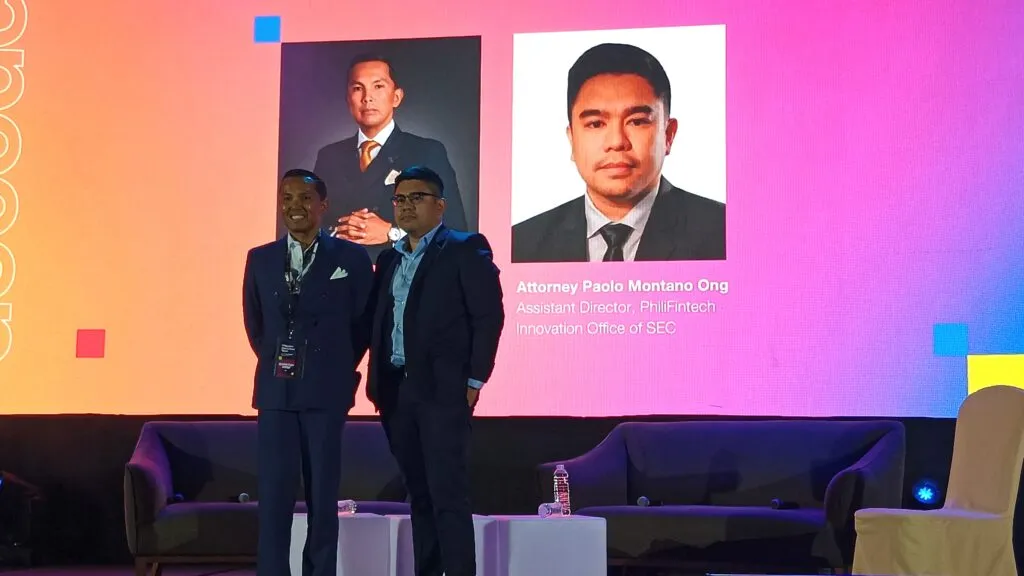 (Left & Right): Attorney Mark Gorriceta and Attorney Paolo Ong.
(Left & Right): Attorney Mark Gorriceta and Attorney Paolo Ong.CASP is an initiative by the Philippines Securities and Exchange Commission (SEC) under the SEC Memorandum Circulars Nos. 4 and 5. This new rule defines digital assets like cryptocurrencies as a “digitally secured form of value” running on the blockchain. Atty. Ong noted that not all assets are classified as securities; some are considered financial products that fall under the regulation of the SEC. He explained that the SEC concentrates on three key areas: market conduct, training activities, and marketing.
“We intend the rules to be frictionless to current VASP licensees,” Ong said.
Some requirements he shared for obtaining a CASP license include:
– Proper registration in the Philippines
– Minimal capital requirement
– Segregation of customers from exchange funds
Regarding the implications of the CASP for marketers and digital content creators who may influence others in this space, Atty. Ong states that if the intent is to educate, the regulation won’t apply. In such cases, it will be recognized as an action taken in “good faith.”
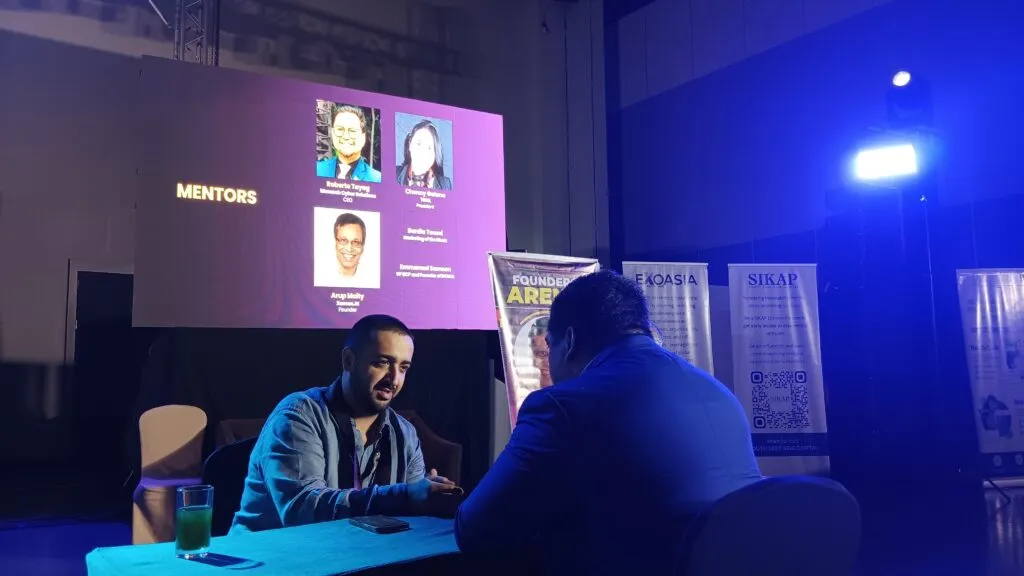 Founders Arena in action.
Founders Arena in action.Halfway through the day, a startup event dubbed “Founders Arena” occurred, bringing local talents to the eyes of successful global firms. The event, in partnership with EXOAsia, lasted over an hour, and budding entrepreneurs learned from the mentors who attended the side event.
In the afternoon, ICP Philippines concluded its ithink Hackathon, where SKILLMINT, SENTIENT, and SENTRALIANS, won third, second, and first place, respectively.
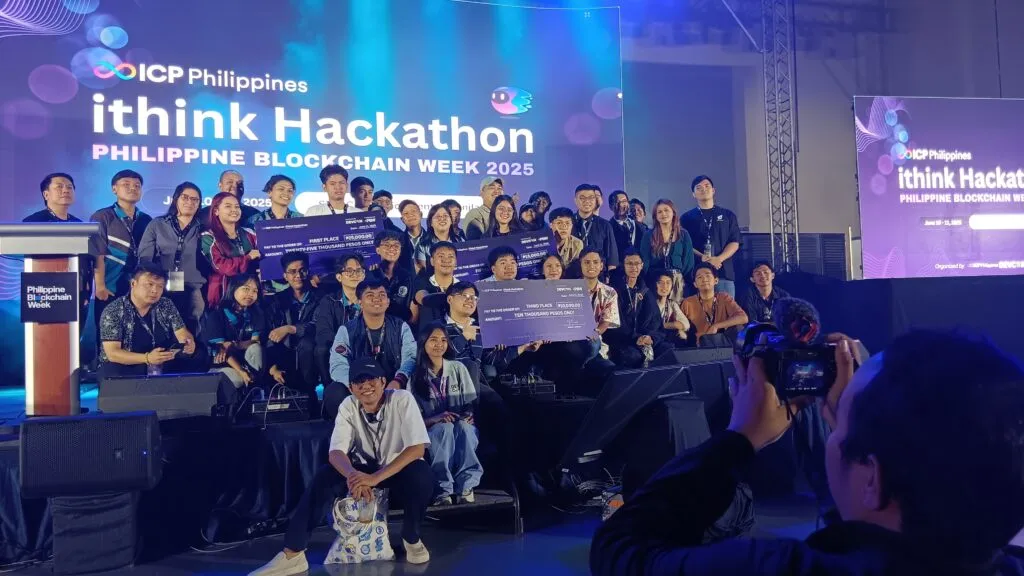 Attendees of the iThink Hackathon at the PBW 2025.
Attendees of the iThink Hackathon at the PBW 2025.The day ended with a candid conversation all about money and the evolution of payments, attended by experts like Fighters.AI’s Dato’ Arai Ezzra, Museigen.io’s Fermin Barrenechea III, and Comet Platform’s Sam Silver.
With this year’s theme Decoded, the Philippine Blockchain Week 2025 has a successful two-day conference deciphering the chaos and resolutions needed to be delved into the space by providing meaningful insights on various topics in tech, AI, blockchain, Web3, and the integration of these emerging innovations. We hope to see more action-packed initiatives and strategies at next year’s conference.
Watch | The Philippines startup boom: Highlights from Sinigang Valley Build Startup Festival

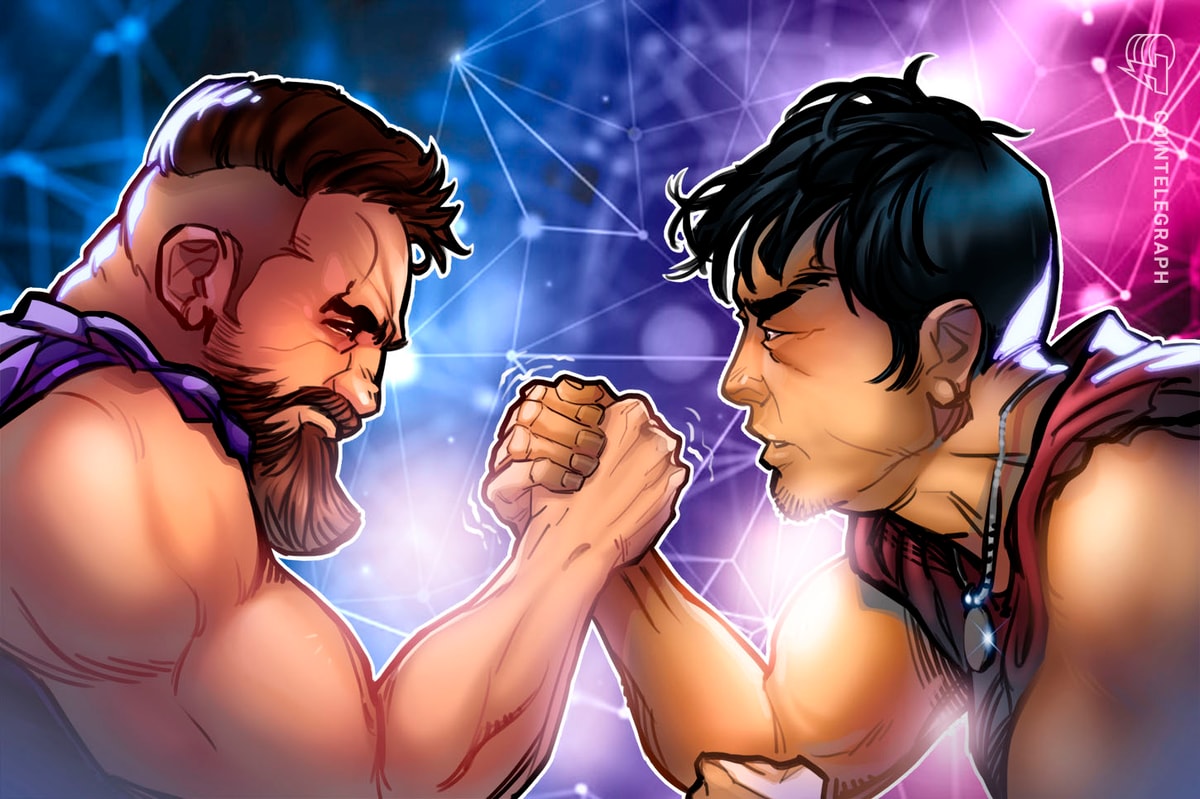





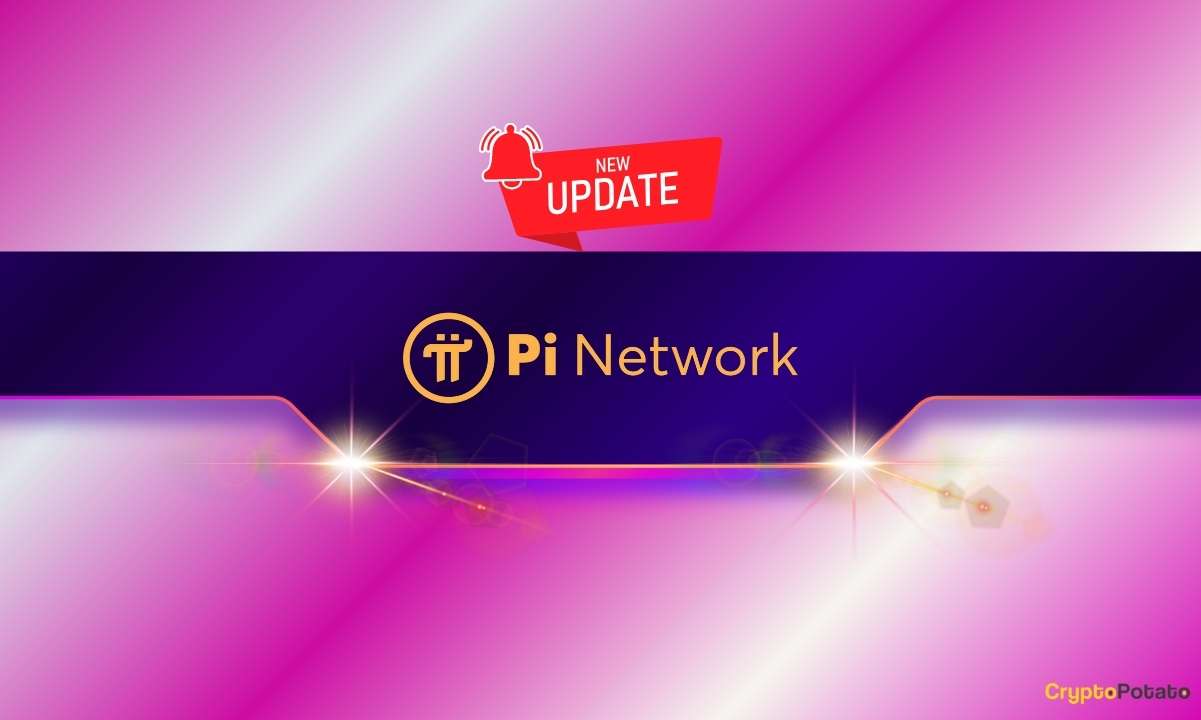


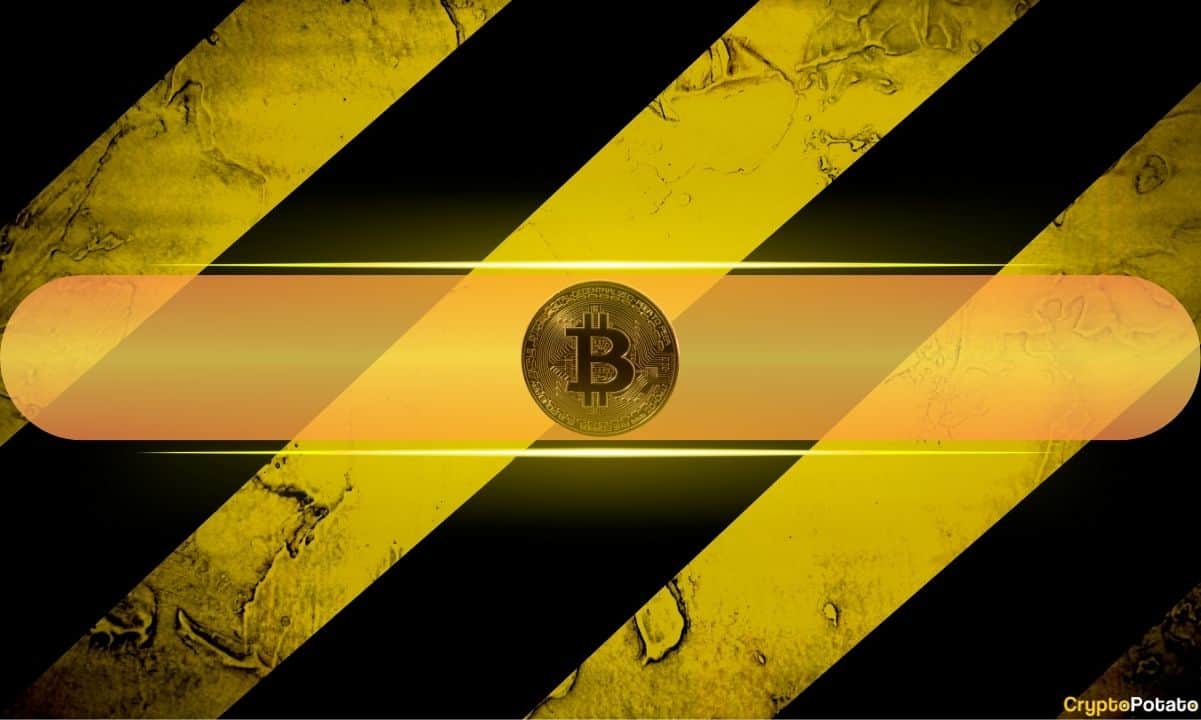



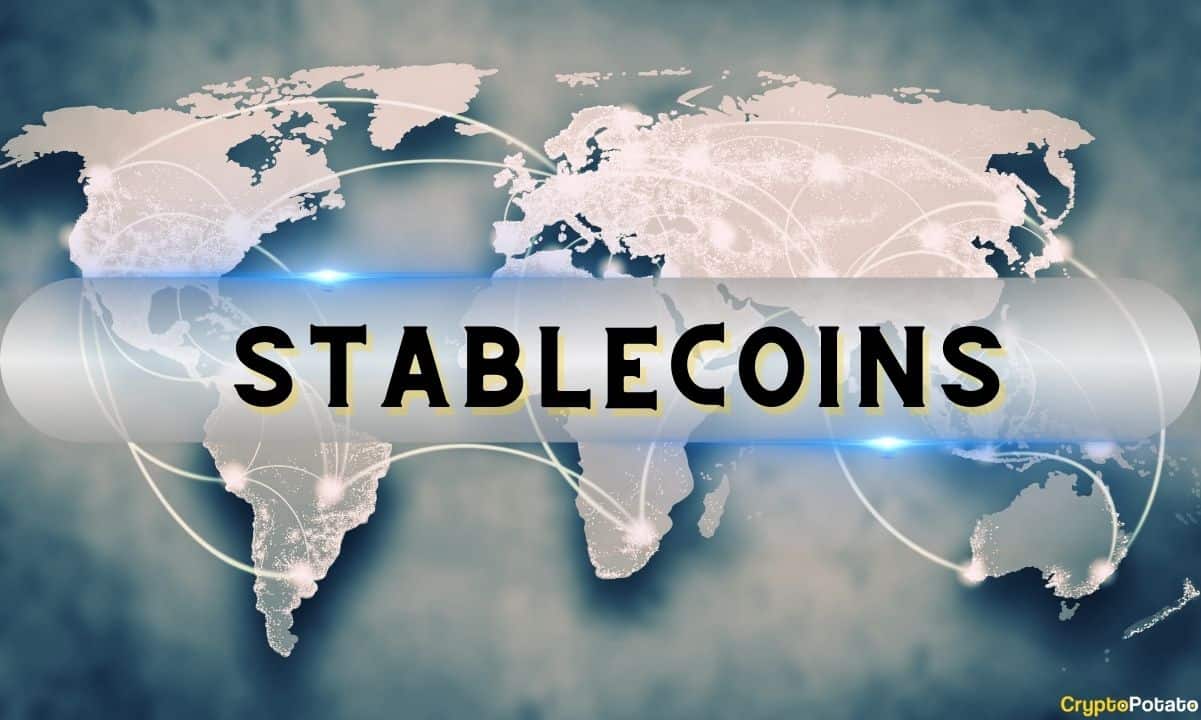

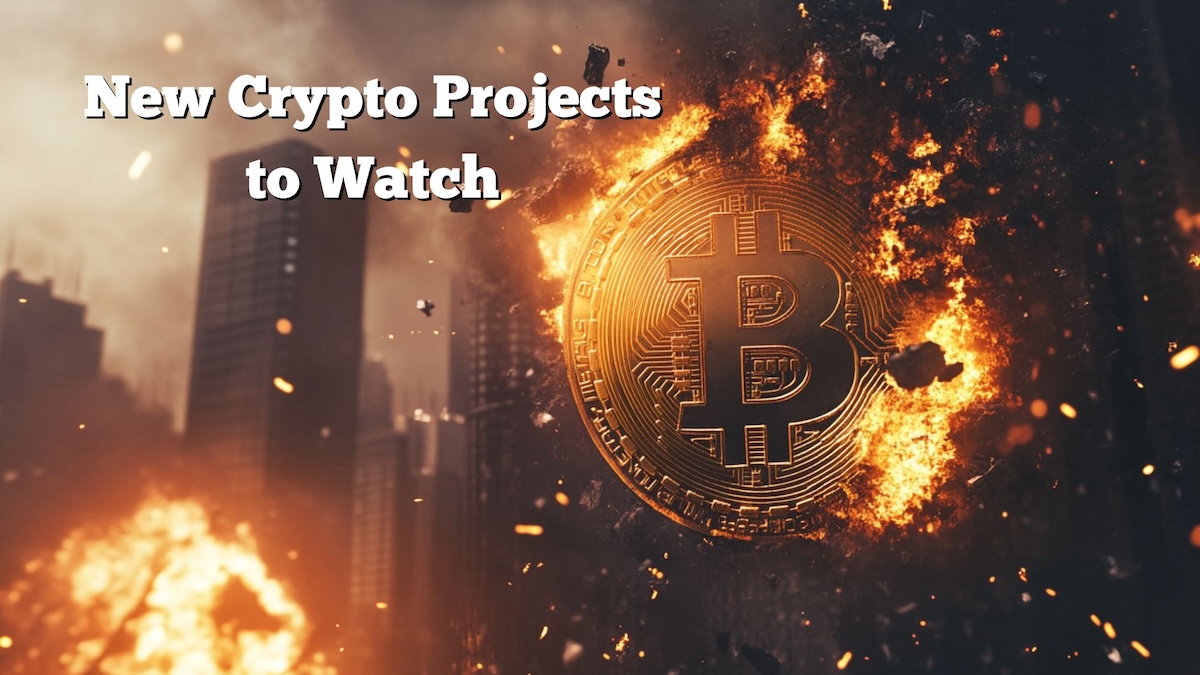
 English (US) ·
English (US) ·